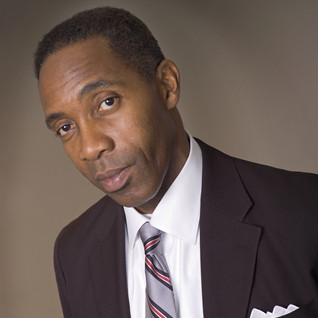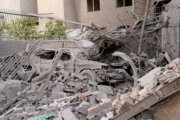WASHINGTON — The largest collective expulsion of Russian diplomats in history took place Monday across Europe, the U.S. and Canada.
Sixty Russians, whom U.S. officials called spies, were expelled Monday, deepening a crisis between the U.S. and Russia that could have far-reaching implications. Forty-eight Russians from the embassy in Washington and 12 from Russia’s United Nations mission in New York have until April 2 to leave the U.S.
Nineteen other countries joined the U.S., ejecting more than 100 Russians whom they called undeclared intelligence officials.
Russia’s ambassador to the U.S., Anatoly Antonov, told reporters at the Russian Embassy, “The time will come that they understand what kind of grave mistake they did, and I hope that maybe in the future our relations will be restored.”
A senior Trump administration official made clear that the action was no mistake.
“Today’s actions make the United States safer by reducing Russia’s ability to spy on Americans and to conduct covert operations that threaten America’s national security,” the official said.
“The United States stands ready to cooperate to build a better relationship with Russia, but this can only happen with a change in the Russian government’s behavior.”
Election meddling and cyberoperations
That behavior includes Russia’s interference in the 2016 U.S. presidential election and the recent revelation that Russian government-linked cyberoperatives sought to penetrate multiple U.S. critical infrastructure sectors — including energy, nuclear, commercial facilities, water, aviation and manufacturing — with a multistage intrusion campaign.
The most urgent development, according to a second administration official, was “a reckless attempt by the government to murder a British citizen and his daughter on British soil with a military-grade nerve agent.”
The poisoning of former Russian double agent Sergei Skripal and his daughter in Salisbury, Britain, on March 4, using a substance from the Kremlin’s Cold War-era Novichok chemical weapons stockpile, triggered the March 14 expulsion of 23 Russians by the British government.
The U.S. expulsions were counterproductive, Antonov said, and a “very bad step in cutting what little we still have in Russian-American relations.”
He further complained: “These decisions go against the telephone conversation between our two presidents. This conversation was constructive, and I and all diplomatic staff considered that it could’ve been converted into constructive actions.”
But clearly, President Donald Trump had other ideas after that call. White House officials say the string of Monday evictions were designed and pushed Washington — specifically Trump — to punish Moscow.
‘A coordinated effort’
“This was a coordinated effort. The president spoke with many foreign leaders, our European allies and others and encouraged them to join the United States in this announcement,” Deputy White House spokesperson Raj Shah said at a press briefing.
“The multinational coordination is significant,” former House Intelligence Committee Chairman Mike Rogers told WTOP. “The effort was coordinated to have the most impact. It is hard to deal with one set of hurdles in the U.S. It is really difficult to do in multiple locations with no real-time adjustments before they leave.”
The fact that 60 were kicked out of the U.S. alone, he said, reflects the fact that “the Russians have a much higher percentage of spies versus diplomats,” in the U.S. And he believes “it will hurt their ability to continue operations at the same level — to service their agents and collect other types of intelligence.”
The second senior administration official also pointed out that Russia’s consulate in Seattle will be closed, “due to its proximity to one of our submarine bases and Boeing.”
Russia has hinted it will respond in kind. In fact, the Russian embassy playfully derided the U.S. expulsions by setting up a poll on Twitter asking which U.S. mission in Russia it should close. But Russia is likely not laughing, as many countries have sent an unmistakable Cold War-era message to the Kremlin, with more possible expulsions to come.
Moscow and Washington are both in the midst of a military buildup that includes nuclear weapons. The Pentagon has confirmed that the Russian military is working on nuclear armaments that could be the most lethal ever built.







